THE HERE has the full list of the villains of this 2023. Politicians, leaders and even state officials are here
EL HERALDO gives you a list of who the villains of 2023 are.
Governance: Honduras lived an uncertain year due to disrespect for legality, the legislative crisis, intolerance to criticism, attacks on the opposition, collective violence and fights between officials.
Improductive: Current administration is postponed in several areas: productivity, job creation, budget execution and insecurity is on the rise in every corner.
Threats: The behavior and actions of some ministers and public officials are a serious threat to the good government and to the image of Xiomara Castro’s government.
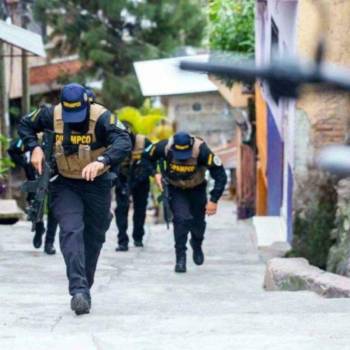
The 10 fiascos of 2023 in Honduras
Lies, corruption, abuses and breaches of promises by the government were some of the fiascos of this year.
Luis round, deputy for the PSH and president of the Board of Directors of the National Congress

Luis Redondo arrived as a deputy to the National Congress thanks to the Salvadoran Party of Honduras (PSH), an entity that also promoted him to the position of president of the Legislative Board of Directors, without realizing that with the months this politician would return to a scourge for his own benchmates, whom he treats with contempt, the harassing, the marginalized and assaulted them.
In the 40 years of Honduran democracy, Redondo is the president of the National Congress most questioned for his lack of leadership, for his crude sectarianism and for comparing the party Libertad y Refoundación (Free).In the appointment of the 15 judges to the Supreme Court of Justice (CSJ) at the beginning of the year, and in the failed process for the election of the Deputy Attorney General and Attorney General, on August 31, Redondo exposed his darker conduct as a politician and as one more pawn of the officialism.
His proven inability to manage and his constant violation of the Organic Law of the Legislative Assembly, as well as to the Constitution of the Republic, elevated the confrontation of this power of the State, to the extent that leads it to a crisis that until now does not find a way out.
Their incompetence, according to various social sectors, also disqualifies it to be the bridge of a dialogue between the different benches in the National Congress, which allow them to act together within the framework of legality.
Redondo came to power selling himself in the election campaign as an anti-corruption man, however, after having power in his hands he reproduced the previous system of corruption, wasting taxpayers’ money on unproductive trips abroad and bonds of up to 500 thousand lempiras for congressmen to make proselytism.
Melvin Ceballos, activist and leader of Libre, in charge of leading the violent groups called collectives
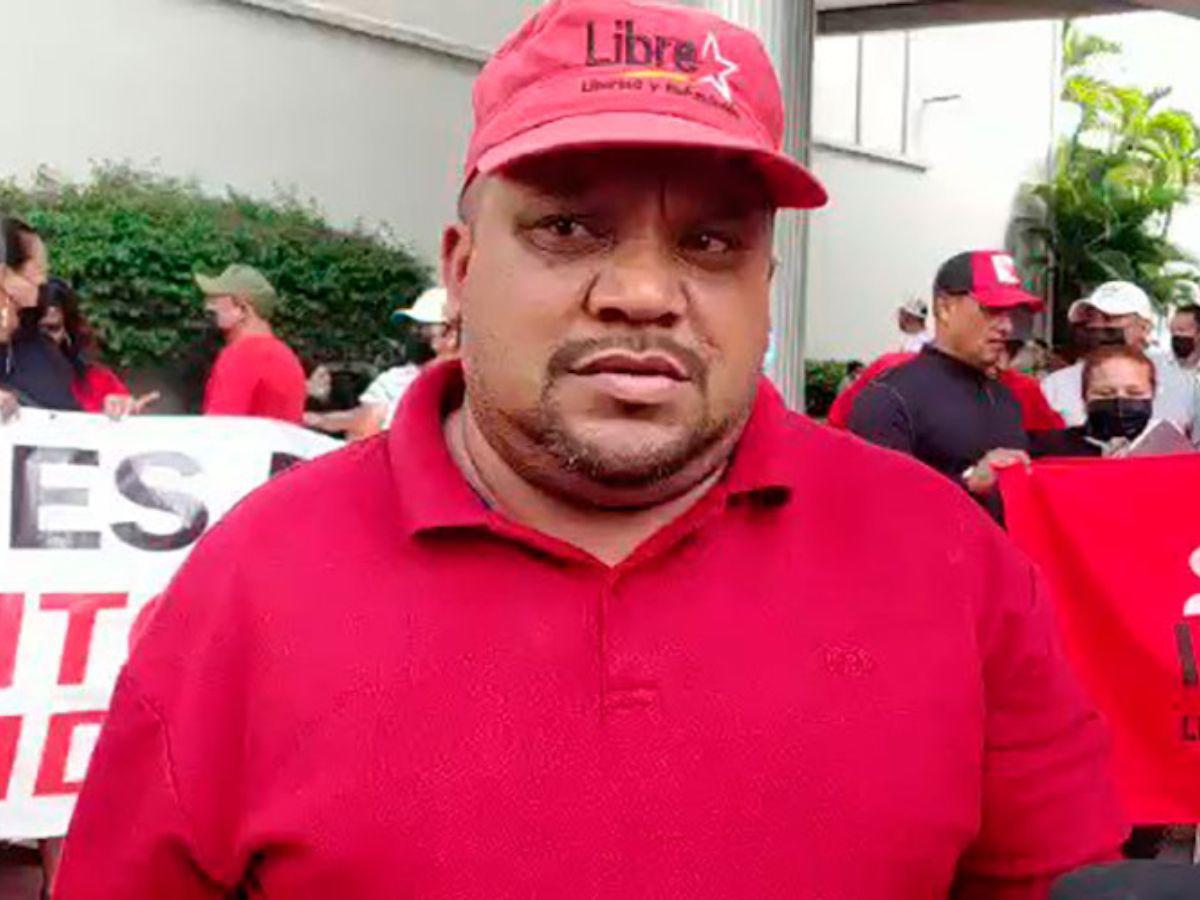
As one of the most radical activists in Libre, Melvin Ceballos leads the groups made up of violent people who have attacked public offices, such as the National Institute of Vocational Training (Infop), the Ministry of Art and Culture, health centers and public hospitals, generating chaos, destruction, damage and leaving thousands of patients without health services.
Also, convened by the leadership of Libre, these groups of radicals managed by Ceballos have also brutally attacked opposition marches, as well as rival deputies.
Eduardo Enrique Reina, Minister of Foreign Affairs
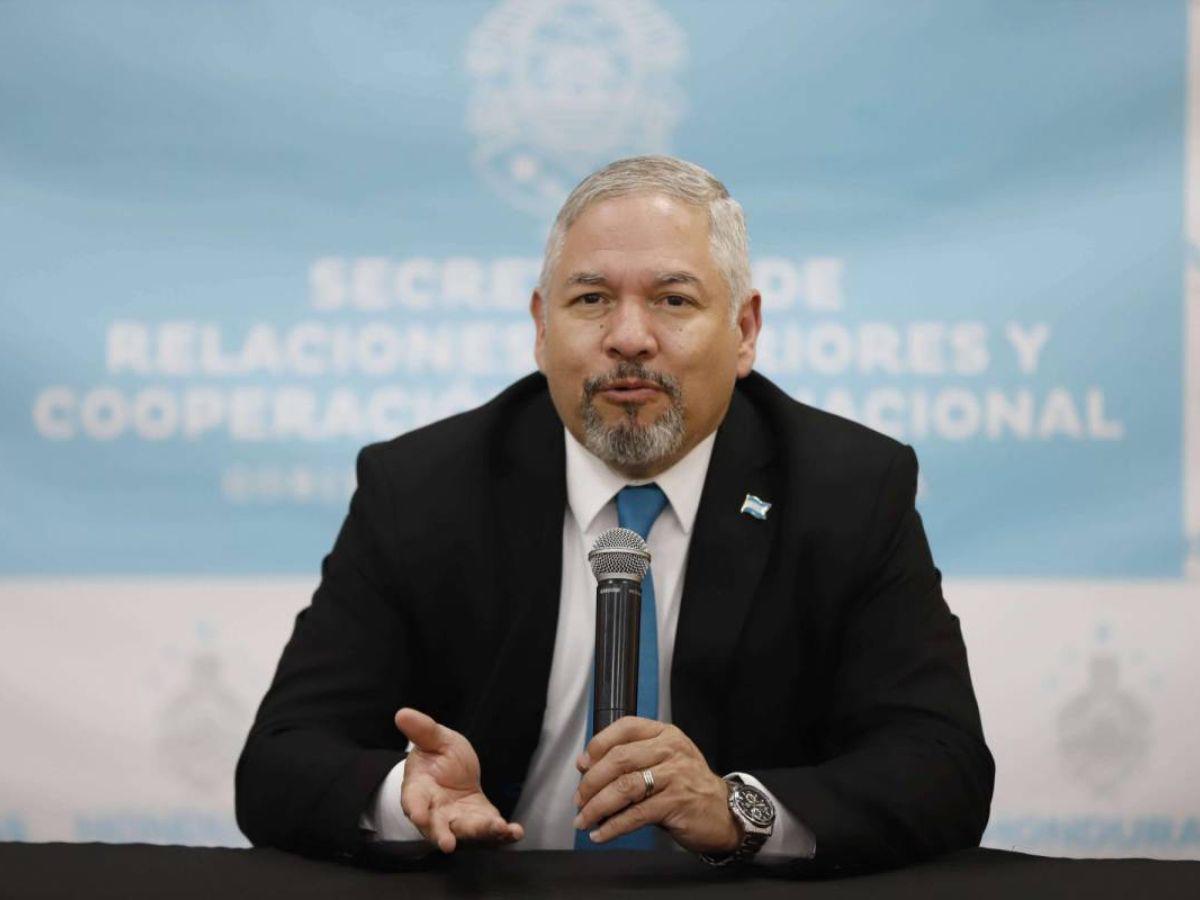
As chancellor, Enrique Reina has described some U.S. positions as interference, even calling Ambassador Laura Dogu to her office, but her action is different in the face of demonstrations in Venezuela. On the other hand, instead of working to project the image of the country abroad, he became involved in domestic political lawsuits attacking the opposition.
Marlon Ochoa, Minister Director of the Income Management Service (SAR)
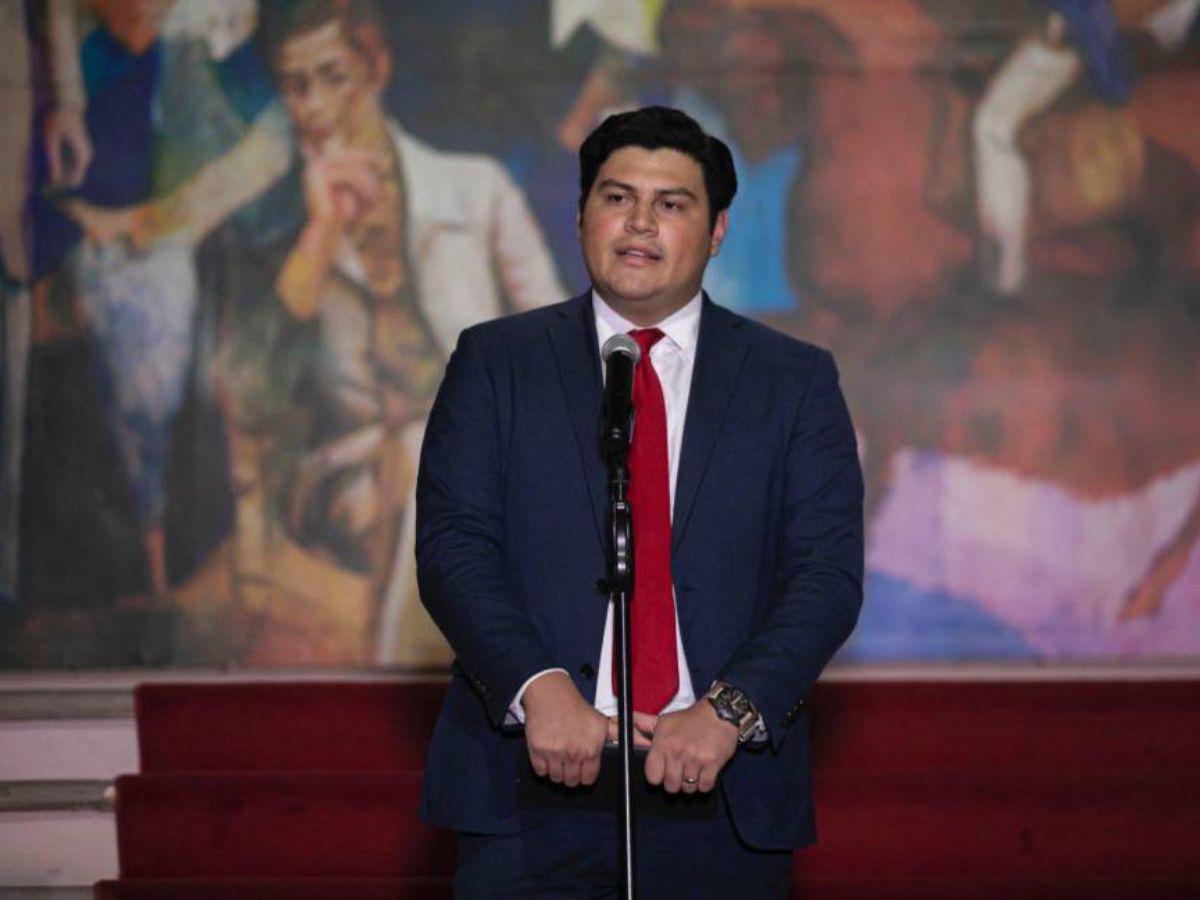
He is considered the derailment officer of the government. His ex-attacks and virulent attacks on the opposition led to the break-up of the agreement held by the benches in the National Congress to discuss and pass the so-called Tax Justice Act. His hate speech has also frightened foreign investment and predisposed to private enterprise.

They are the 10 Honduran characters who stood out during 2023
THE HERALDO brings him a recount of the men and women who stood out for their work in 2023
Julissa Villanueva, Deputy Minister of the Security Secretariat
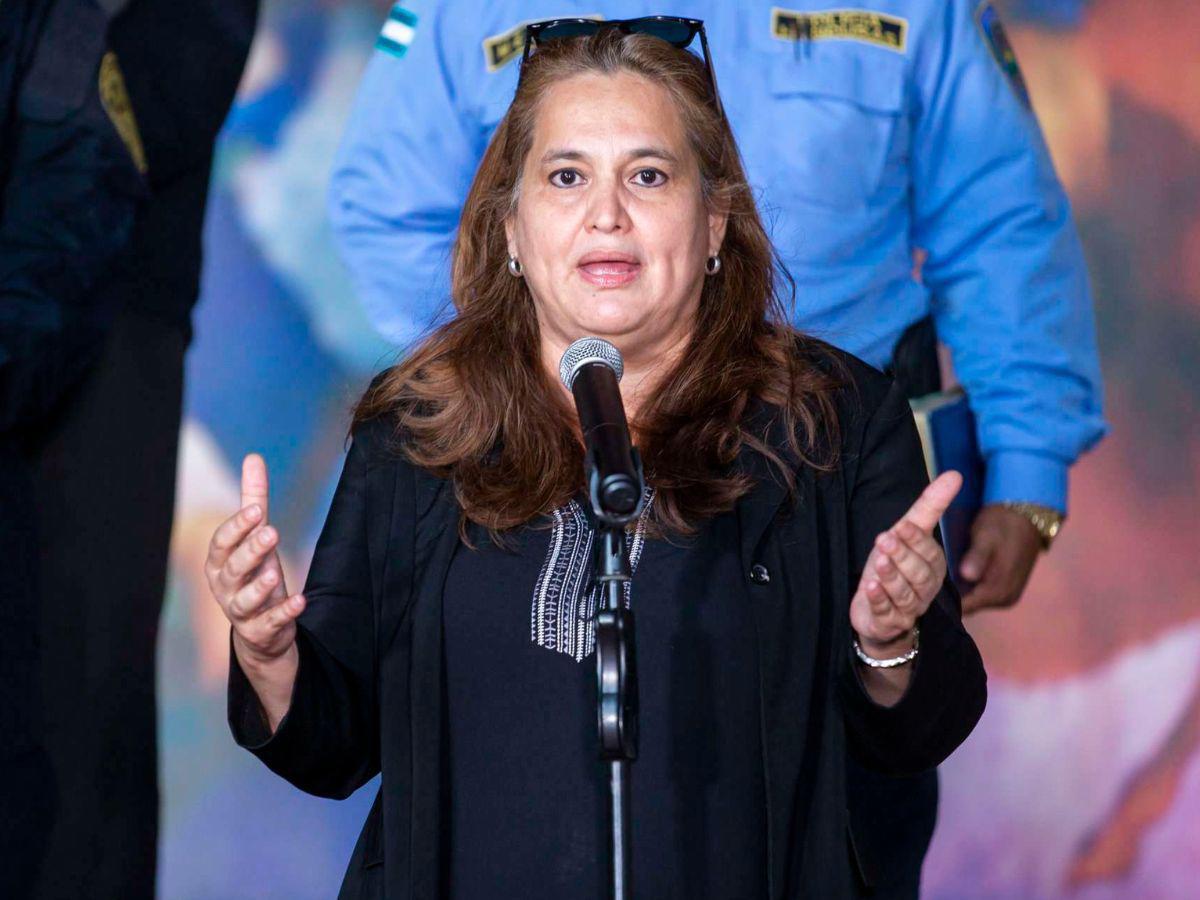
The Deputy Minister of Security, Julissa Villanueva, was assigned the task of putting order in prisons, but during her period there was one of the most sinister massacres recorded in the women’s penitentiary, with 46 victims. Instead of assuming her mistakes, she holds the police responsible for the fact and engaged in a confrontation with the Minister of Security.
Natalie Roque, head of the Secretariat for Human Rights
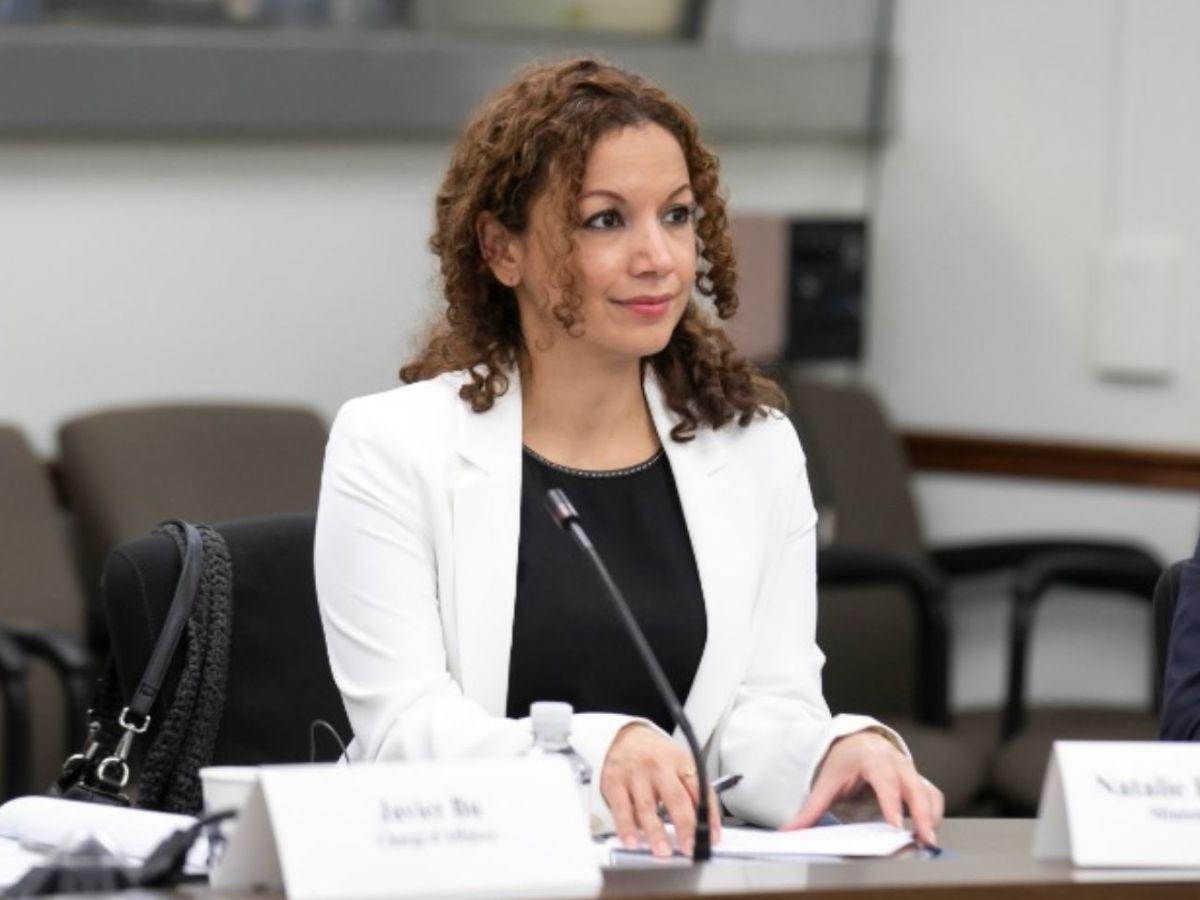
Because of the conduct of Minister Natalie Roque to attack her employees and to see and address human rights violations from her sectarian and ideological perspective, generating the dismantling of the Protection Mechanism, the State has had to answer several times to the IACHR on why it has neglected its responsibility.
Mario Segura, head of the Liberal Party bench in the National Congress
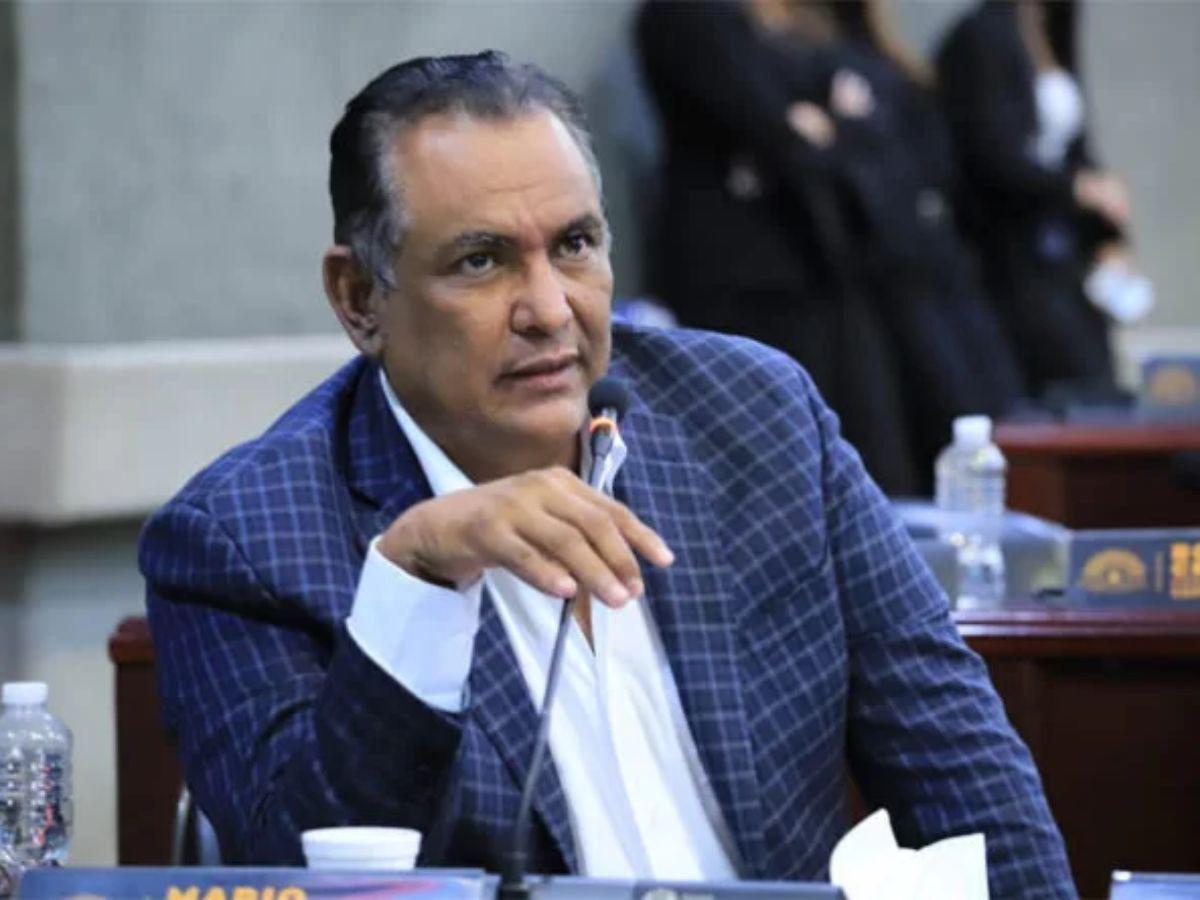
The Liberal MP for the department of El Paraíso, Mario Segura, is questioned even within his own political entity for folding to the guidelines of the Freedom and Refoundation party (Free) in the National Congress. His own chambermates point to him of acting more in the defense of officialdoms and forgetting the principles of liberalism, because the party on duty has him employed certain relatives.
Gustavo Sánchez, Secretary of Security
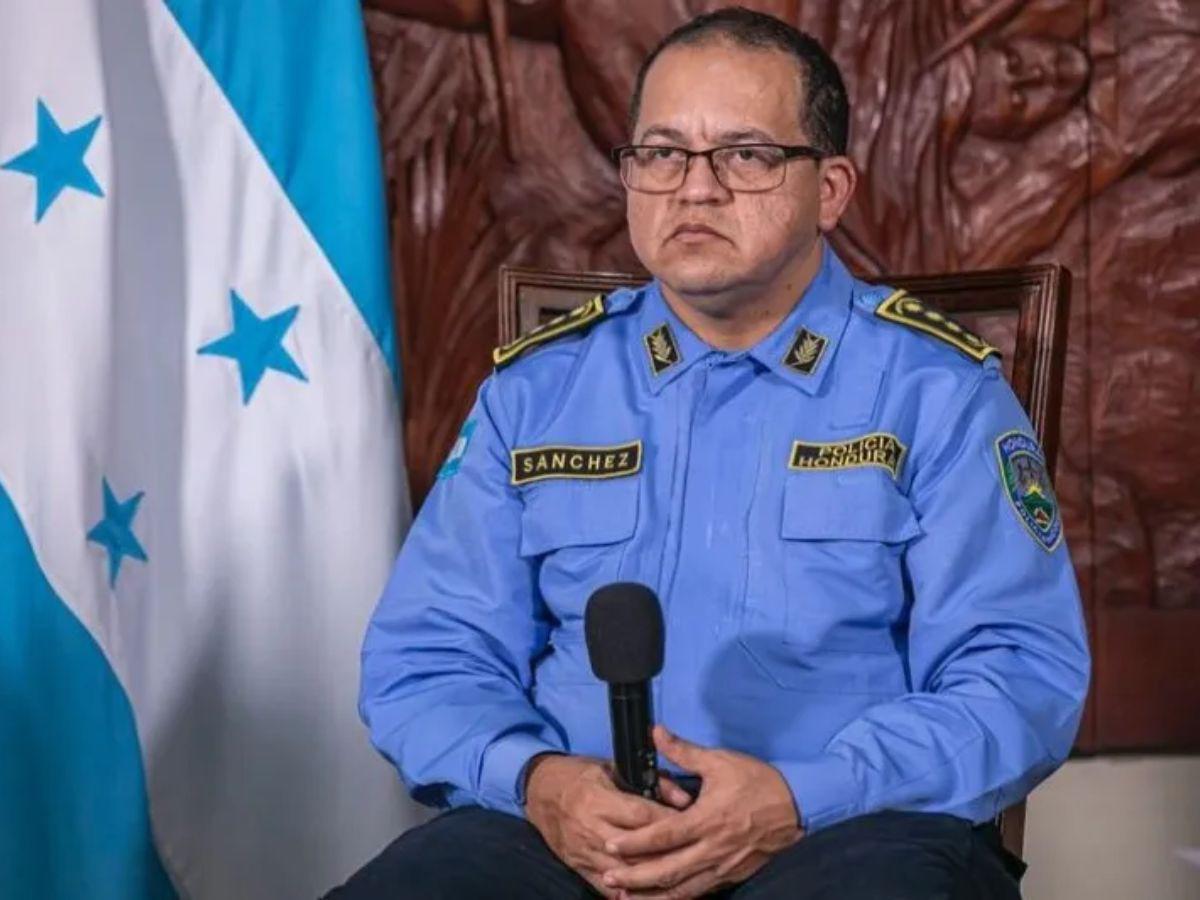
After the departure of Ramón Sabillón, the Minister of Security, Gustavo Sánchez, has lacked energy and strategy to deal with insecurity, organized crime, drug trafficking and extortion, which has been more than increased according to reports. He has maintained a permanent lawsuit with the Deputy Minister of Security, Julissa Villanueva, and has dedicated herself to making million-dollar purchases of logistics, with processes involved in the controversy due to lack of transparency.
Fernando Muñoz, commander of the Military Police
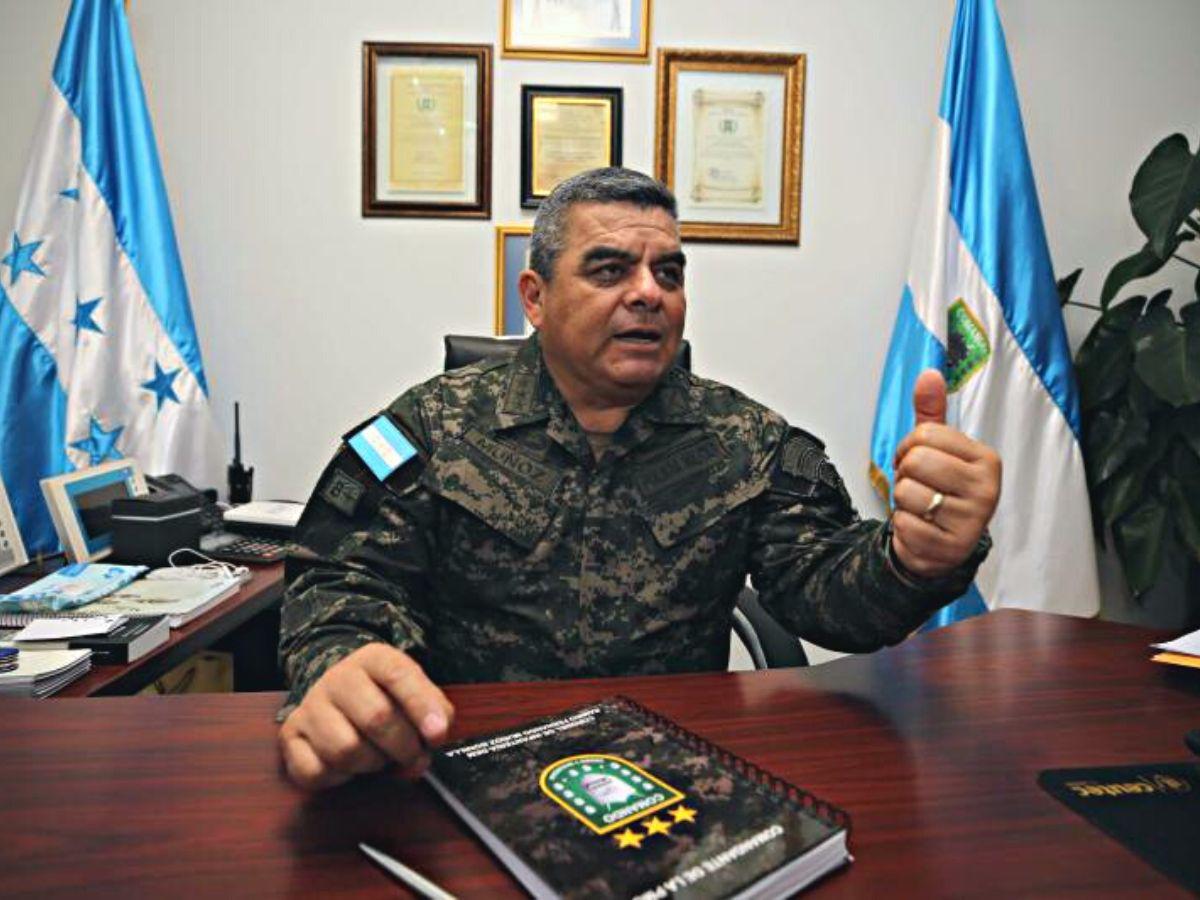
You know why you’re alive? With that you wanted to do with me yesterday, I don’t even tell you. If you make me that pass out of there… right now you’d be in a sack in, hijuepu…,” Colonel Fernando Muñoz, commander of the Military Police and director of the National Penitentiary Institute (INP) threatened a junior, which was recorded in a video. Human rights organizations have information on the conduct of this military officer from the time he graduated from a lieutenant to the present day.
France Sofia Medina, former prosecutor of the Public Prosecutor’s Office

In prison, prosecutor France Sofia Medina ended up in prison, after improving with surgeries parts of her body and giving herself the great life, after improperly appropriating 88 million lempiras that were evidenced in accounts of the Central Bank of Honduras (BCH). For investigators from the Public Prosecutor’s Office, Medina will be the tip of the thread that will help unravel a corruption network that would be made up of employees of the prosecutor’s office and judicial officials.
This article has been translated from the original which first appeared in El Heraldo


